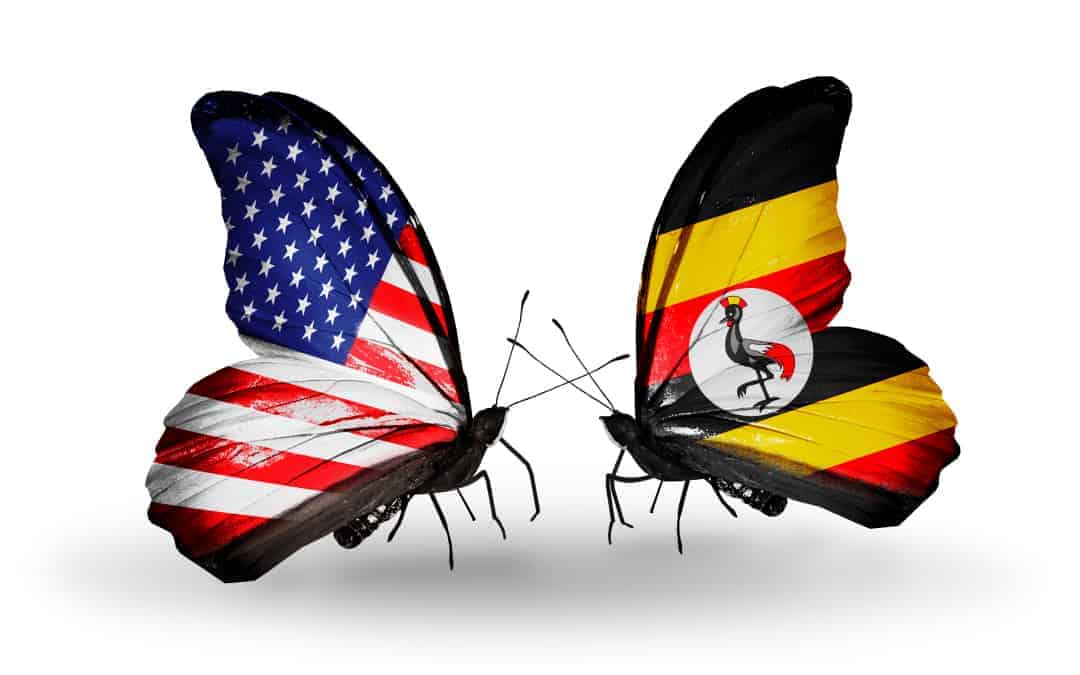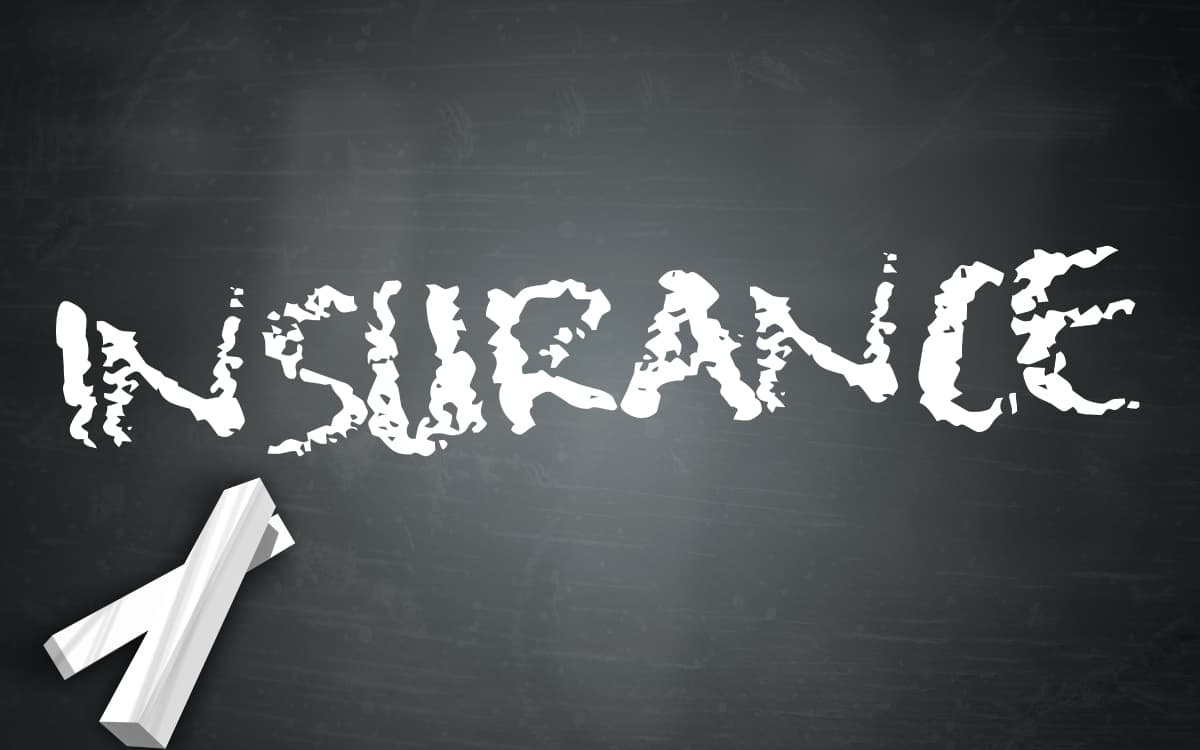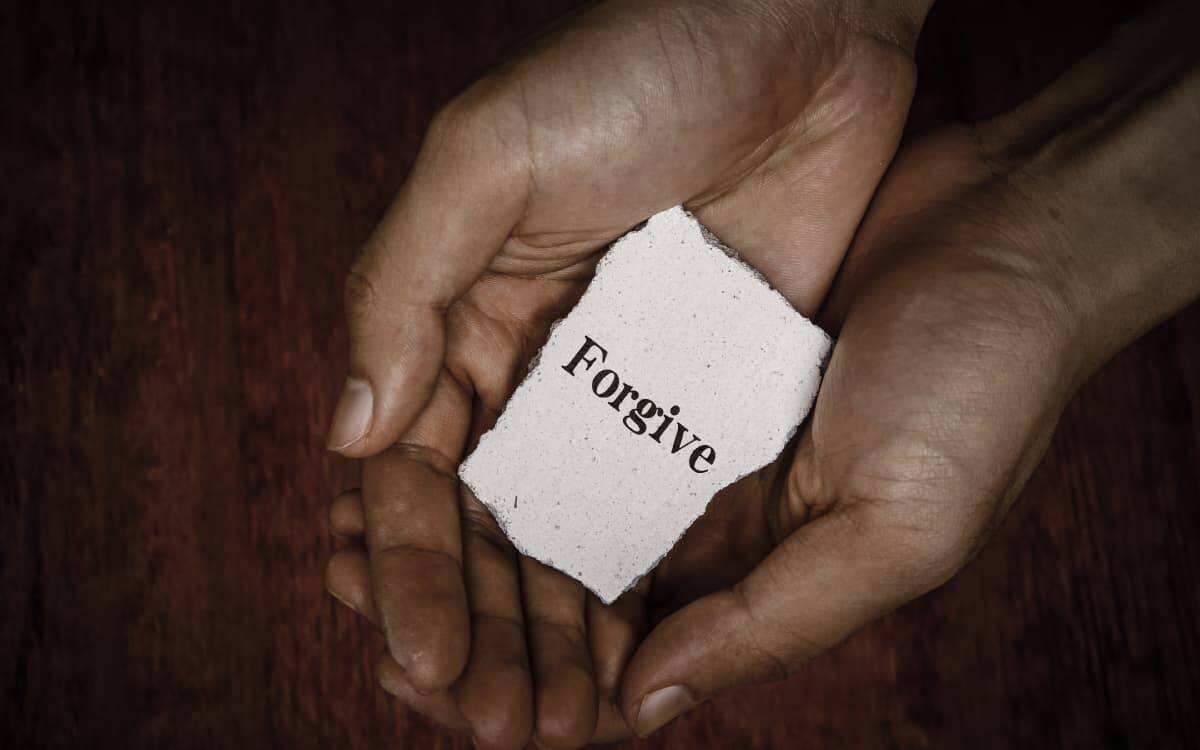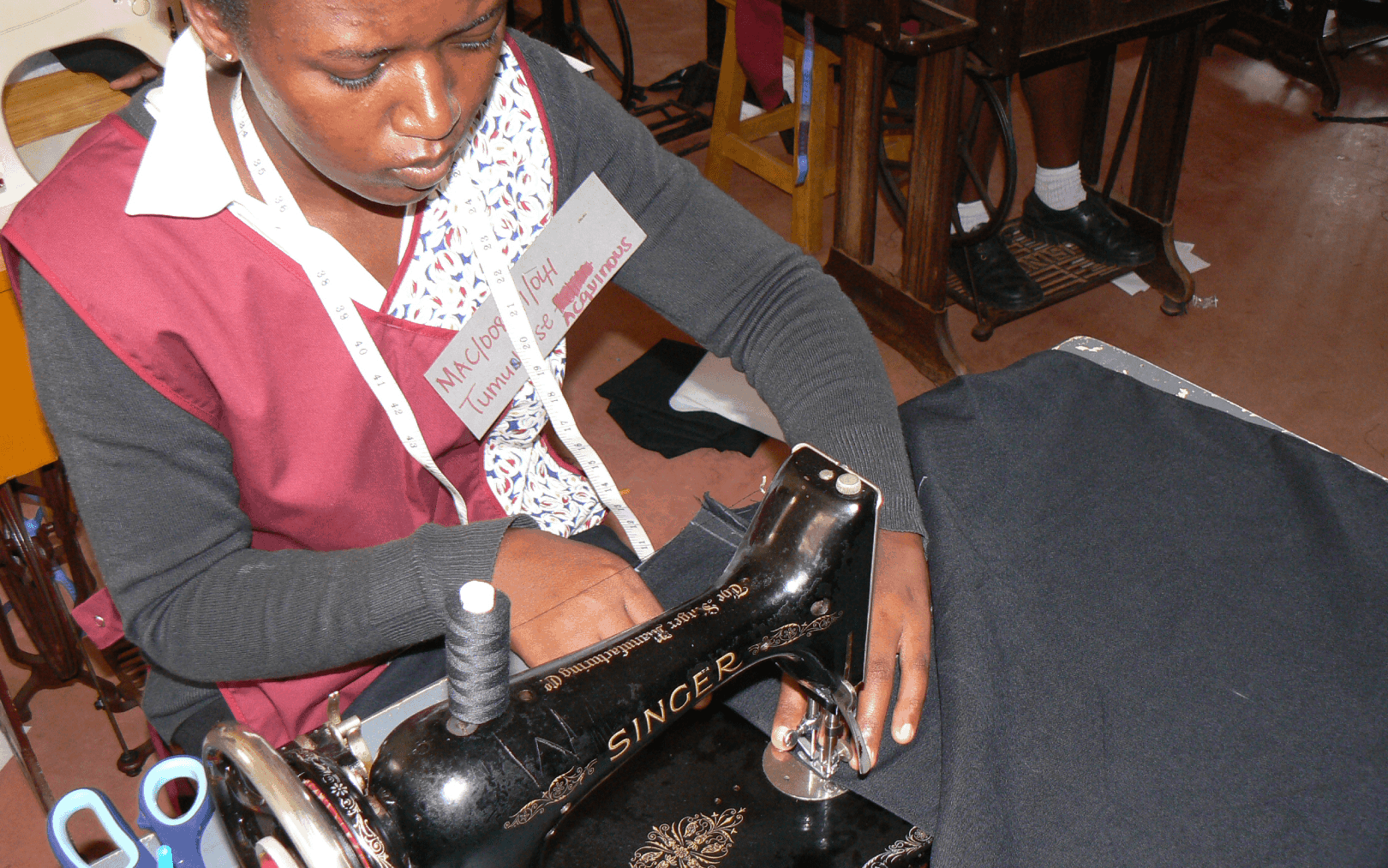Community. What does that word mean to you? Is your community comprised of the geographical block that you live in? Perhaps your community knows no physical boundaries but is tied by a group of people coming together for a common goal? A community takes shape in many different forms. Let’s explore and discuss our community in this week.
com·mu·ni·ty
kəˈmyo͞onədē/
noun
- a group of people living in the same place or having a particular characteristic in common.
- a feeling of fellowship with others, as a result of sharing common attitudes, interests, and goals.
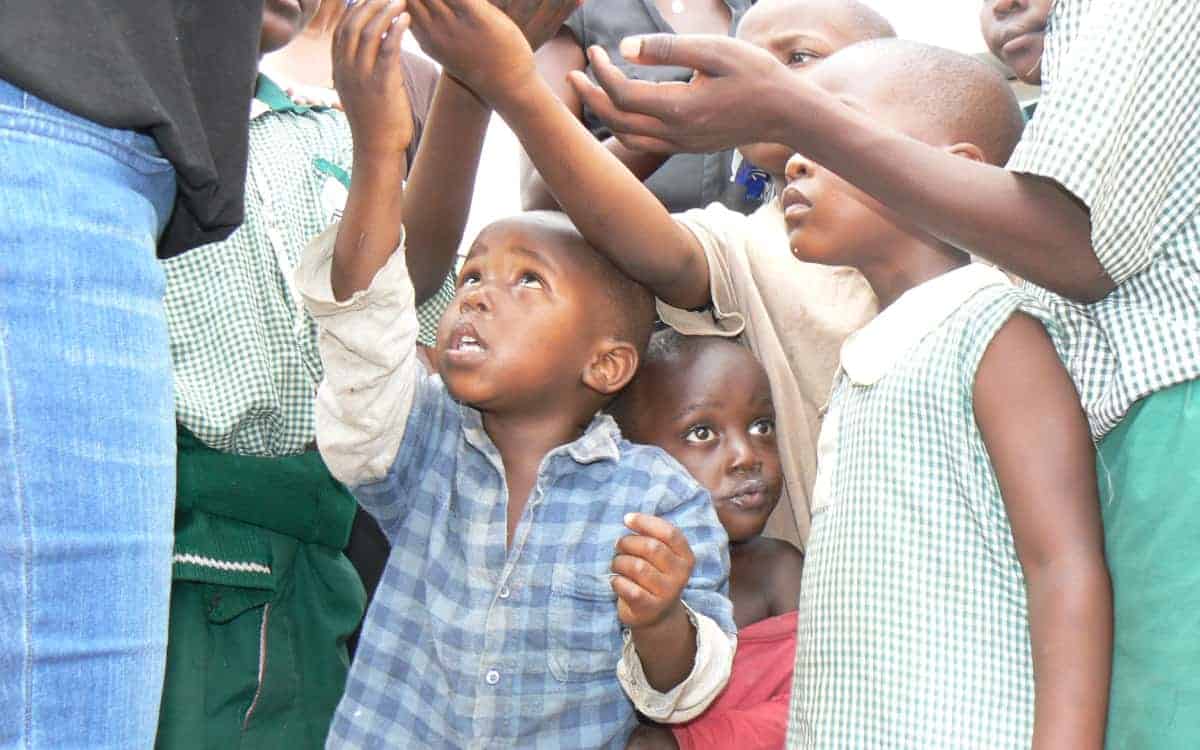
With more than 7.5 Billion people, planet earth is the largest community that we know; billions of people joining in one common goal of survival. Within that community exists several smaller communities. People joined together over common interests, workplace, and residence, this list goes on.
Last week we talked about the achievements we can reach when individuals work together towards common goals. This upcoming week the stage is set for individuals around the world to come together and decide what one of those common goals should be.
On July 11 the global community celebrates world population day. Developed by the United Nations to enhance awareness of population issues, including their relations to the environment and development, the first World Population Day was observed in 1990, and continues to be a global community gathering to this day.
This year the UN will host a summit based on Family Planning. According to the UN’s website “Around the world, some 225 million women who want to avoid pregnancy are not using safe and effective family planning methods, for reasons ranging from lack of access to information or services to lack of support from their partners or communities. Most of these women with an unmet demand for contraceptives live in 69 of the poorest countries on earth.”
This is an ongoing issue for women in Uganda. In a young country where political turmoil, disease, war, death, and poverty have dominated lives of its citizens, the adult population has been rapidly decreasing; leaving the next generation of the country’s citizens lacking adult mentors and familial support systems.
The nation is now one of the “youngest” nations of the world with more than half of the population being under 15 years old. With a lack of adults to care for the children, they need our help now more than ever. There are too many orphaned children in Uganda without proper education or a means of survival. Forced into prostitution just to barely survive. Many young girls are not properly educated about family planning and even if they are, they may not have access to family planning methods when they struggle to provide basic necessities for themselves.
By taking away the pressure to find such necessities including food, water, clothing and shelter we are freeing our students minds to focus on receiving a good education so they can turn into the future leaders. You can do your part to help raise the future leaders of Uganda, and the world, by making a donation today.
Peace, Love and Kindness,
Cristen
